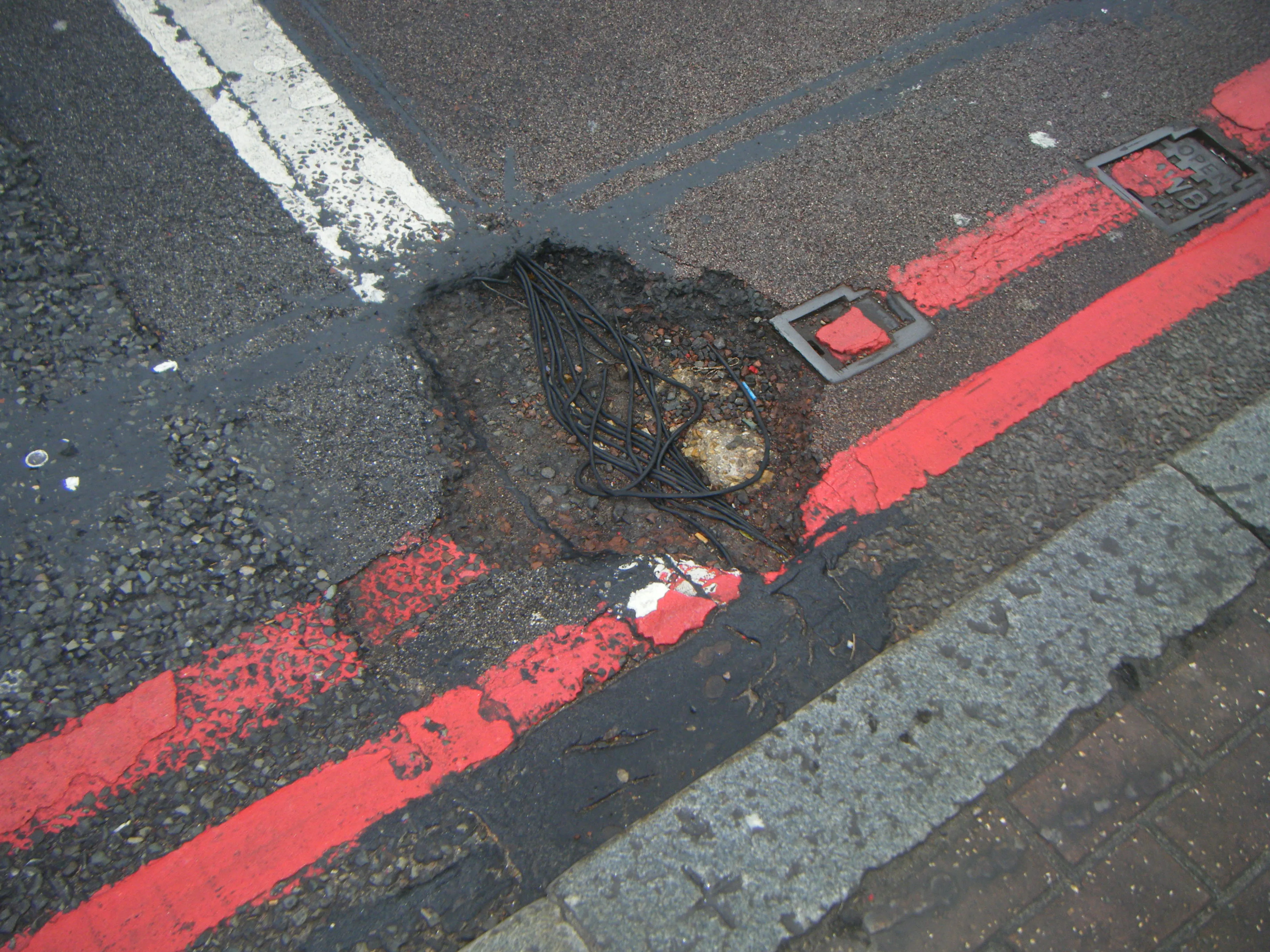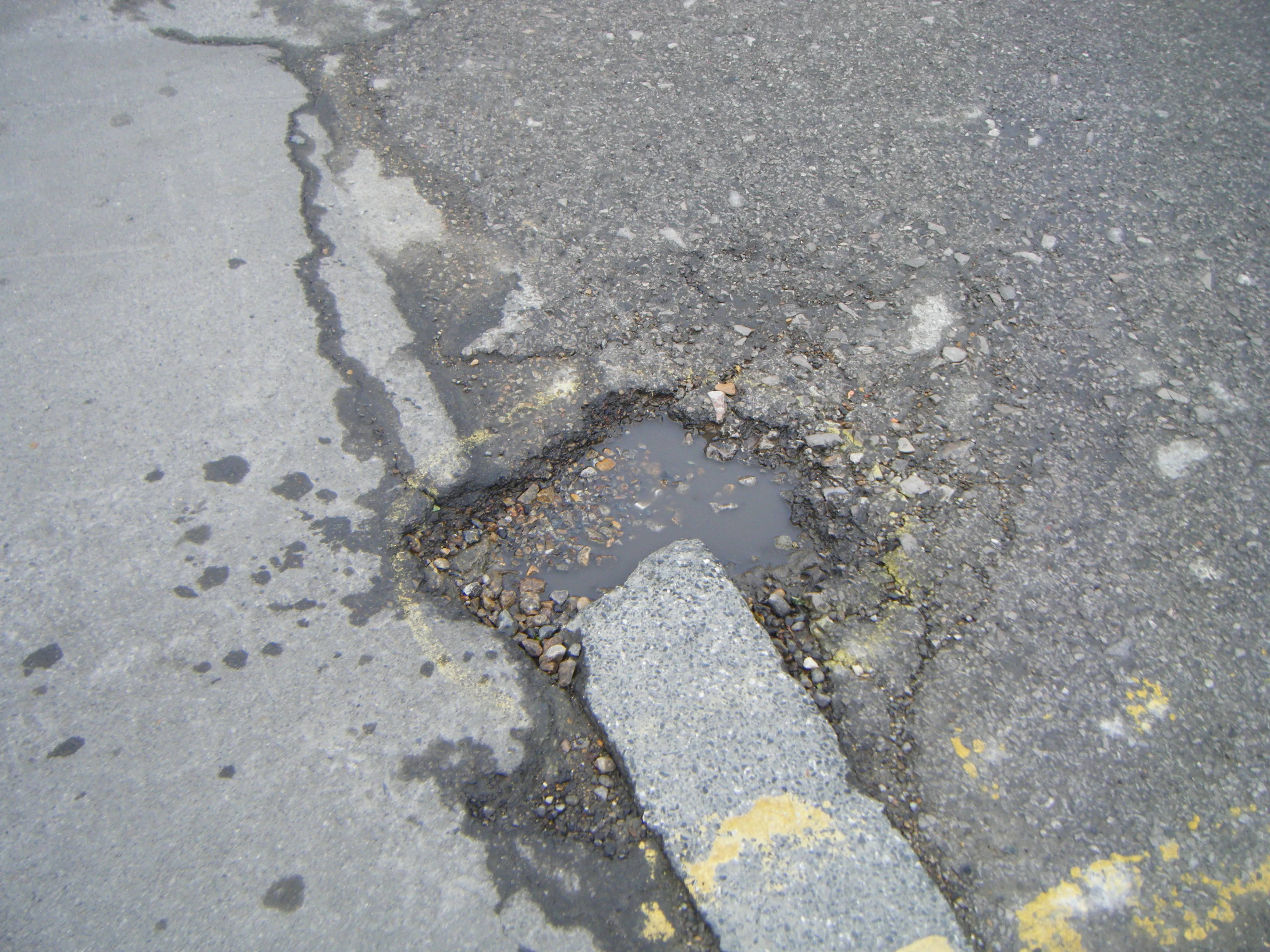The annual national survey of UK local road network condition and funding claims there is a crumbling road crisis of increasing concern, prompting renewed calls for increased and longer term Government funding. Commissioned by the Asphalt Industry Alliance (AIA), the 18th Annual Local Authority Road Maintenance (ALARM) Survey was completed by 75% of councils across England and Wales and reports that the number of potholes filled over the last year rose to over two million - an increase of 29% on the previou
March 14, 2013
Read time: 3 mins
The annual national survey of UK local road network condition and funding claims there is a crumbling road crisis of increasing concern, prompting renewed calls for increased and longer term Government funding.
Commissioned by the1360 Asphalt Industry Alliance (AIA), the 18th Annual Local Authority Road Maintenance (ALARM) Survey was completed by 75% of councils across England and Wales and reports that the number of potholes filled over the last year rose to over two million - an increase of 29% on the previous 12 months.
The AIA, an alliance of the5338 Mineral Products Association and Refined Bitumen Association, is calling for action from central Government to introduce longer-term funding mechanisms, allowing councils to move from one-year costly cycles of highly reactive work to planned, preventative maintenance programmes.
The cost of filling the estimated 2.2 million potholes across England and Wales came to around US$168.69 million (£113 million), while $47.77 million (£32 million) was paid out in compensation claims and the cost of staff time spent on claims amounted to over $19.40 million (£13 million). The survey found that councils have paid out 50% more last year than the previous year in compensation claims from road users for damage or injury due to poor road condition.
While the cost of filling potholes is not increasing significantly overall, they indicate poor road condition that is costing the country heavily in many other ways. This year, local authorities in England (including London) report a shortfall in their annual budgets of $1.23 billion (£829 million). Across England and Wales, authorities estimate that $15.67 billion (£10.5 billion) would be needed to bring their roads back into reasonable condition.
“Constantly having to patch up crumbling roads rather than using highway engineers’ skills properly, to ensure good road condition in a planned and cost effective way, is nonsensical and costly to the country,” says AIA chairman, Alan Mackenzie.
“The DfT’s Potholes Review was a welcome initiative and concluded that ‘prevention is better than cure’. When you add up all the costs incurred by not following this advice, it’s hard to understand why central Government cannot find a way to invest in this much needed work and save on higher costs in the future.”
The local road network accounts for 95% of the country’s roads. One in five local roads is reported as being in “poor condition”, which is defined as having five years or less life remaining. The longer remedial work is delayed the more its cost increases. Poor local road condition is costing the country’s small and medium-sized businesses a cumulative $77.63 billion (£52 billion) a year in various ways such as reduced productivity, increased fuel consumption, damage to vehicles, and delayed deliveries.
The 59% of ALARM respondents whose roads were damaged as a result of the extreme rainfall in 2012, estimated the total cost of their repairs at $504.59 million (£338 million). Extreme weather has a disproportionate effect on roads that are not kept in good condition and water is particularly damaging to the lower, structural layers of the road.
“Emergency funding from Government is welcome, but a little extra here and there makes very little difference,” says Mackenzie. “The additional £215 million announced in the autumn to help improve local road condition over the next couple of years doesn’t even cover the £338 million of damage repair needed as a result of last year’s rainfall.
“It’s time to stop the rot. The Government needs to make sufficient funding available now that will enable local authorities to get their roads back into a condition that will quickly and directly boost the economy, help businesses and improve local communities.”
Commissioned by the
The AIA, an alliance of the
The cost of filling the estimated 2.2 million potholes across England and Wales came to around US$168.69 million (£113 million), while $47.77 million (£32 million) was paid out in compensation claims and the cost of staff time spent on claims amounted to over $19.40 million (£13 million). The survey found that councils have paid out 50% more last year than the previous year in compensation claims from road users for damage or injury due to poor road condition.
While the cost of filling potholes is not increasing significantly overall, they indicate poor road condition that is costing the country heavily in many other ways. This year, local authorities in England (including London) report a shortfall in their annual budgets of $1.23 billion (£829 million). Across England and Wales, authorities estimate that $15.67 billion (£10.5 billion) would be needed to bring their roads back into reasonable condition.
“Constantly having to patch up crumbling roads rather than using highway engineers’ skills properly, to ensure good road condition in a planned and cost effective way, is nonsensical and costly to the country,” says AIA chairman, Alan Mackenzie.
“The DfT’s Potholes Review was a welcome initiative and concluded that ‘prevention is better than cure’. When you add up all the costs incurred by not following this advice, it’s hard to understand why central Government cannot find a way to invest in this much needed work and save on higher costs in the future.”
The local road network accounts for 95% of the country’s roads. One in five local roads is reported as being in “poor condition”, which is defined as having five years or less life remaining. The longer remedial work is delayed the more its cost increases. Poor local road condition is costing the country’s small and medium-sized businesses a cumulative $77.63 billion (£52 billion) a year in various ways such as reduced productivity, increased fuel consumption, damage to vehicles, and delayed deliveries.
The 59% of ALARM respondents whose roads were damaged as a result of the extreme rainfall in 2012, estimated the total cost of their repairs at $504.59 million (£338 million). Extreme weather has a disproportionate effect on roads that are not kept in good condition and water is particularly damaging to the lower, structural layers of the road.
“Emergency funding from Government is welcome, but a little extra here and there makes very little difference,” says Mackenzie. “The additional £215 million announced in the autumn to help improve local road condition over the next couple of years doesn’t even cover the £338 million of damage repair needed as a result of last year’s rainfall.
“It’s time to stop the rot. The Government needs to make sufficient funding available now that will enable local authorities to get their roads back into a condition that will quickly and directly boost the economy, help businesses and improve local communities.”







